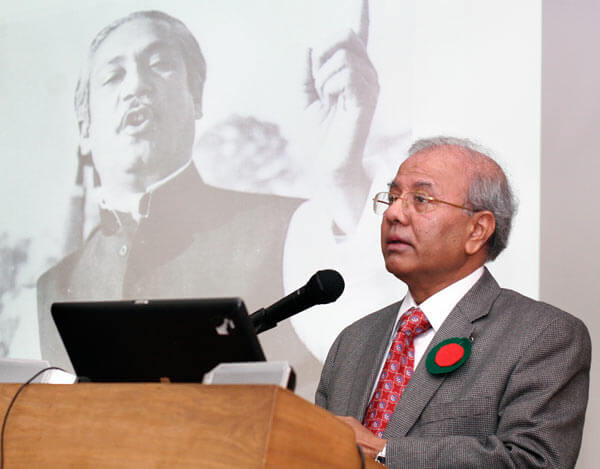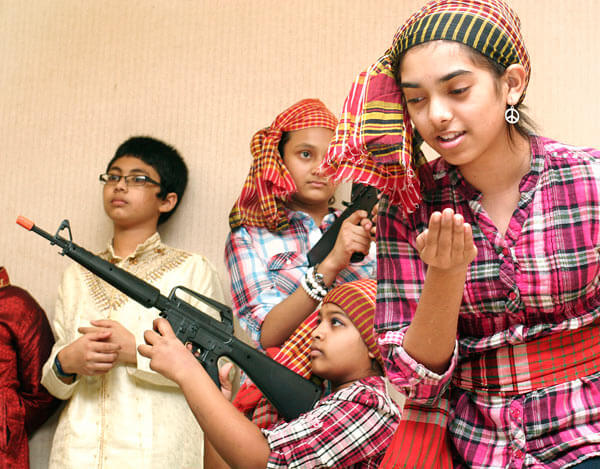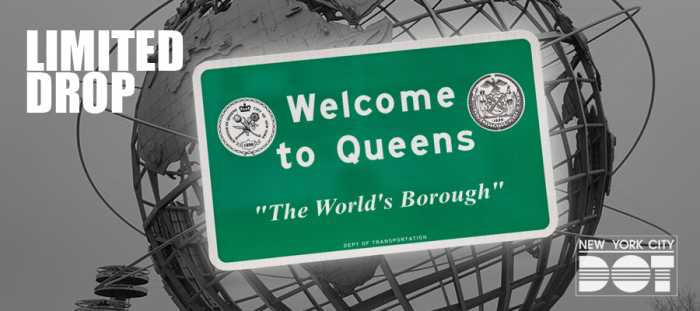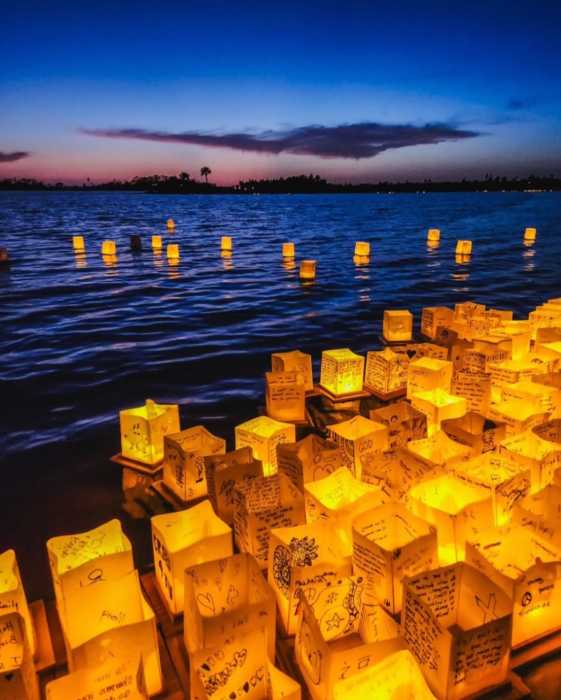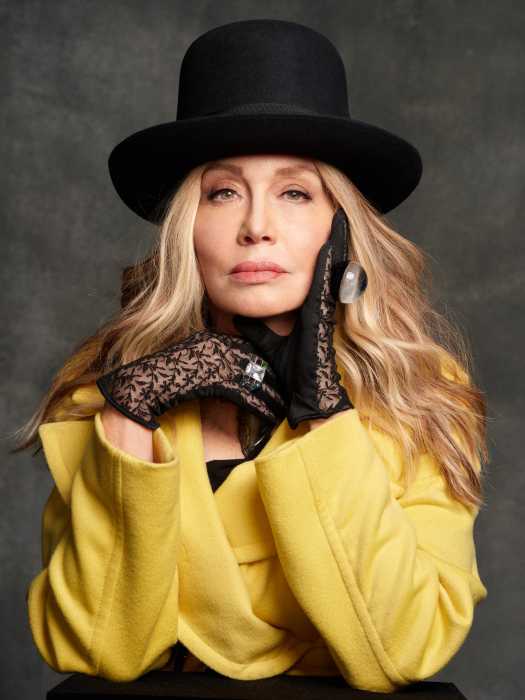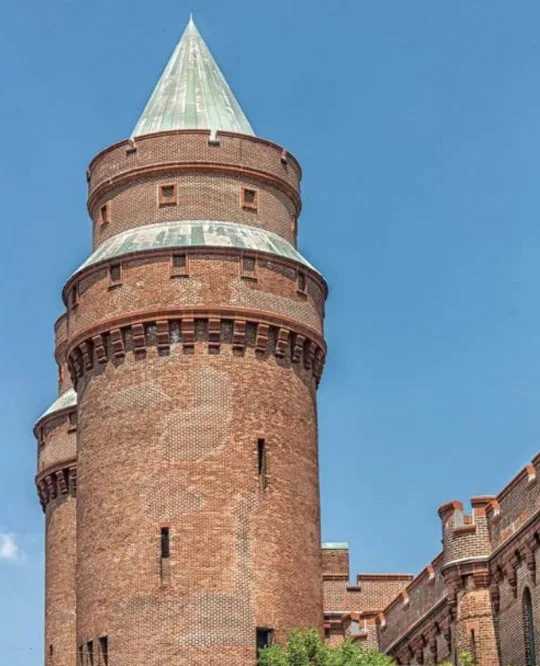By Joe Anuta
America’s founding fathers are often conjured from the past to bolster various political arguments, but Sunday in Jamaica a soldier from Bangladesh’s war for independence was there in the flesh, speaking about the bloody fight and how there are always two sides to history.
Nuran Nabi has a slight frame and wears wire-rimmed glasses. He looks more like a biochemist than a guerilla fighter.
It turns out he was both.
Nabi was a teenage student at Dhaka University in 1967 when India gained independence from British rule and the largely Muslim nation of Pakistan was created. But the country was divided into two geographically separate areas — West Pakistan, which exists today as Pakistan and borders Afghanistan, and East Pakistan, which was renamed Bangladesh after the violent 1971 conflict and borders Myanmar and the Bay of Bengal.
“The Bangladeshi Liberation War is a forgotten genocide in the West,” Nabi told a crowd of parents and rowdy children at Queens Central Library, at 89-11 Merrick Blvd. “Arguably, I faced the first bullets.”
Superpowers like the United States and China supported Pakistan, while those wanting to create a separate state of Bangladesh were aided by India and the former Soviet Union, he said.
Nabi was responsible for sneaking across the border into India and smuggling ammunition back into what is now Bangladesh. He also coordinated a crucial paratrooper drop into Dhaka, the capital of Bangladesh, where hundreds of Indian soldiers were photographed floating down from the sky.
The war ended in December 1971, but according to Nabi its history is still being written.
He pegged the number of dead at 3 million and the number of women who were raped at 200,000.
Although the term “genocide” is not thrown around lightly, Nabi referred to a communique from the United States’ consul in Dhaka that used the term.
The Pakistani government has said the number of dead is closer to 30,000, but that is exactly why Nabi wants to make his side of history known.
After he concluded his speech, young men who grew up in Dhaka approached Nabi with wonder, telling him his history was different from what they had learned in school as children. According to the 2010 census, there were 33,000 Bangladeshis living in Queens then.
Nabi hoped to capture a comprehensive history of the Bangladeshi nationalist movement, which started in the early 1950s all the way through the defeat of the Pakistani Army with his book “Bullets of ’71: A Freedom Fighter’s Story.”
The aging fighter has an interesting history himself.
After the war, he fled Bangladesh when a military coup toppled its leader.
After bouncing around to various doctorate programs across the globe, he became a researcher for Colgate-Palmolive in the 1980s, where he helped invent the company’s now-ubiquitous Total toothpaste.
Nabi hoped to inspire youngsters to seek out information about the formation of their nation, although he had a tough time Sunday afternoon.
Many youngsters squirmed in their seats throughout Nabi’s bullet-point presentation, and girls wearing colorful traditional dresses were giggling and conversing throughout the speech, waiting for their turn to take the stage for a cultural performance.
Eventually, they received their spotlight, with three young ladies acting out the revolution through interpretative dance, gracefully swaying to music while holding plastic assault rifles.
Reach reporter Joe Anuta by e-mail at januta@cnglocal.com or by phone at 718-260-4566.

